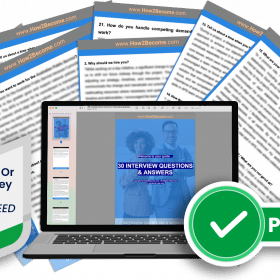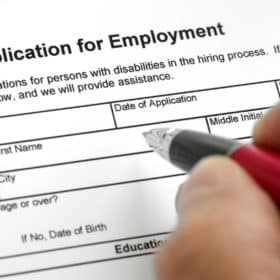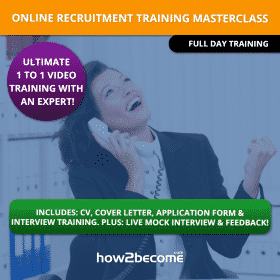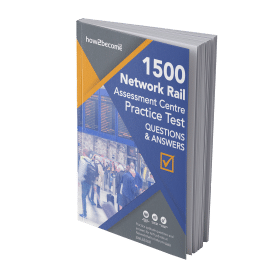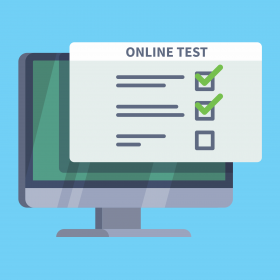Chapter 5 – The Common Interview Mistakes
Not taking the interview seriously
Too many people become complacent. Especially if they think the job is theirs, or should be theirs. There have been many examples where people walk into an interview with a cavalier attitude and end up not getting the job. Don’t make the same mistake – whether you are confident you’ll get the job or not, make sure you put in the same amount of preparation.
Dressing down
How you present yourself during an interview or even an initial meeting is very important. Even if you know that the firm allows its employees to dress down, don’t ruin your chances of success by doing the same. Remember that you only get one chance to make a first impression.
Failing to demonstrate to the interview panel that you are the person for the job
Be familiar with the job description for the position you’re being interviewed for so you can illustrate how your experience, abilities and strengths are what the company is looking for. Make it clear to the panel that you are the one for the job through your knowledge and interest in the company. If you don’t already work for the company then the pressure on you will be less. The more you know about them the more they will be impressed!
Being too modest
Failing to talk yourself up during an interview is one of the most self-defeating mistakes you can make. Of course, there is a fine line between confidence and arrogance but remember that you need to sell yourself. They are probably not aware of your achievements so make sure you tell them!
Talking way too much!
Be careful not to talk over the interviewer or interrupt when they are speaking. Those interviewees who lack in confidence and have not prepared are more likely to ‘waffle’ or talk about subjects they have no knowledge of. Sit calmly and listen carefully, answering questions thoughtfully.
Don’t criticise your previous employer
Even if you hated your former boss or felt your previous employer treated you unfairly, a job interview is not the place to express your feelings. The interview panel do not want to hear your grievances and you do not want to portray any bitterness during the interview (even if it is warranted). If you lost your previous job then be honest but always try to put a positive spin on the negative things that happened.
Failing to ask relevant questions
Your CV may be impressive on paper, but employers also appreciate a candidate who can ask several intelligent questions at the end of the interview. Prepare at least 3 or 4 questions in advance to ask the interviewer. Make sure the questions are relevant and are not designed to make you look clever! Instead ask questions around development or opportunities. Avoid questions such as salary and leave.
Showing a lack of enthusiasm
Having a positive attitude is vital and it all goes back to creating a first impression. Don’t walk into the interview and make excuses about how bad your day is and that you might not perform well because of XYZ. Instead, be polite, courteous and upbeat. Show your enthusiasm for both the job and the opportunity to interview for it. And don’t forget to thank the person at the end of the interview for their time!
Forgetting the follow-up plan – Plan B!
Make sure you send a handwritten thank you note or polite email to the interviewer expressing gratitude for his or her time and consideration (See section relating to PLAN B). However, don’t start telephoning the company every day asking them if you’ve been successful or not. If they want you they will call you.
Explain why you left your last employer
You may be in a position where you are ‘in between’ jobs. If this applies to you there is a possibility that you’ll be asked the above question. If you are, then follow these simple guidelines when constructing your answer:
Describe the reason for your departure but don’t go into specific details unless they ask you too. Make sure you provide references that support your reasons for leaving. Ensure that your reference includes specific details about your work performance. If you had a bad experience with your previous employer tell them briefly what happened. Ensure you stick to the facts and tell them what you would do differently next time. Never be negative about your previous employer, even if they treated you poorly.
Top tip
Try, as hard it may be, to be positive about your previous employer. Remember the interviewer wants to hear good things about your current or previous employer.




